This is part two of a six part series through James Sire’s classic book, The Universe Next Door: A Basic Worldview Catalog. This episode features a conversation with my friend Monique Duson from the Center for Biblical Unity. In this episode we unpack Deism and Naturalism. One of the big application questions we ask throughout the series is this, “how does each worldviews impact our view of race and racism."
REFERENCES
James W.. Sire, The Universe Next Door: A Basic Worldview Catalog.
All Episodes in the James Sire Series
VIDEO SHORTS
ADD 2 VIEWS OF JUSTICE
GUEST BIO
Today’s show features a conversation with Monique Duson who is the President and co-founder, alongside Krista Bontrager, of the Center for Biblical Unity. Monique has a background in social service and children’s ministry. She has worked with a diverse array of under-served communities. She worked as a Missionary to South Africa for over four years, serving children and teachers impacted by drugs, violence, and trauma. She spent two decades advocating for Critical Race Theory (CRT), but through a series of events, began to clearly see the contradictions of CRT with the historic Christian worldview. Monique is now convinced that CRT is not the best way to achieve racial unity and actively speaks out against the use of CRT within the church.
Monique has appeared on shows such as Relatable (with Allie Beth Stuckey), the Alisa Childers podcast, and Breakpoint (with John Stonestreet). Monique has a BA in Sociology from Biola University. She is working on a MA in Public Theology at Birmingham Theological Seminary.
DISCUSSION POINTS
Below is a list of just a few of the big ideas discussed in this episode. Subscribers, feel free to weigh in with your own ideas and join me in the conversation.
Deism
1. How do warm deism and cold deism differ in their views of God's relationship with the world?
2. What are the implications of deism's emphasis on human reason for understanding morality and societal organization?
3. How did deism influence the scientific justifications for racial hierarchies during the Enlightenment?
4. In what ways did figures like Thomas Jefferson exemplify deist beliefs, particularly in relation to their views on the Bible?
5. How does the deistic view of God's involvement (or lack thereof) in the world shape their perspective on human equality and social progress?
Naturalism
1. How does naturalism's denial of anything beyond the physical world impact its view on the existence of a god or supernatural beings?
2. What are the key philosophical challenges that naturalism faces in explaining the origin of existence?
3. How does naturalism's view of the universe as a closed system affect its understanding of human identity and morality?
4. In what ways has naturalism historically justified racial hierarchies and discrimination?
5. How does naturalism handle moral disagreements, given its lack of absolute moral truths?
Comparative Questions
1. How does the deistic belief in a non-interventionist God compare to naturalism's denial of any supernatural involvement in the universe?
2. In what ways can deism be seen as a bridge to naturalism or postmodernism?
3. How do both deism and naturalism address the concept of human equality and the justification of racial hierarchies?
4. What role does reason play in the deistic worldview, and how does this compare to the naturalistic reliance on empirical evidence?
5. How do deism and naturalism each approach the concept of revelation, and what are the implications for understanding morality and human purpose?
6.. In what ways does the Christian worldview stand apart from both deism and naturalism?






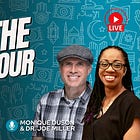



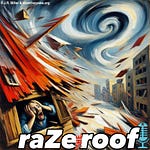
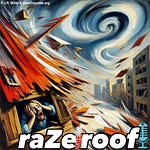

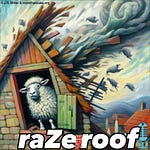
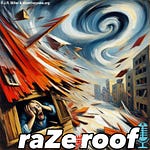

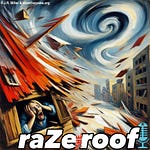
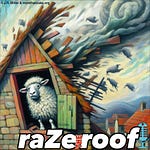
Share this post